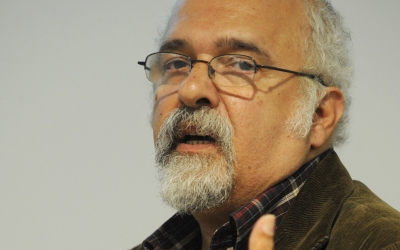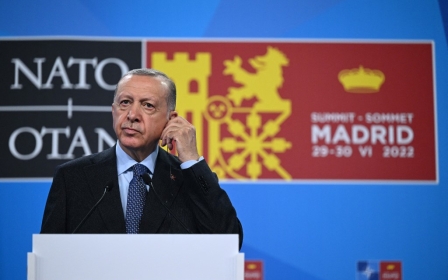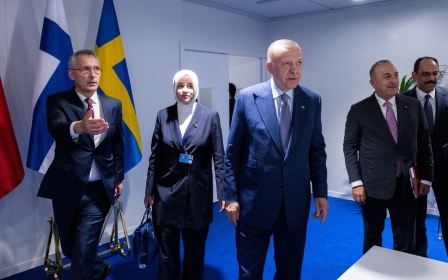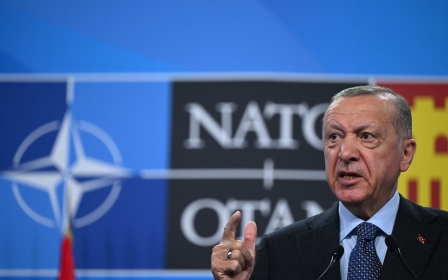Kurdish groups demand Sweden repatriate citizens from Syria after move against YPG and PYD
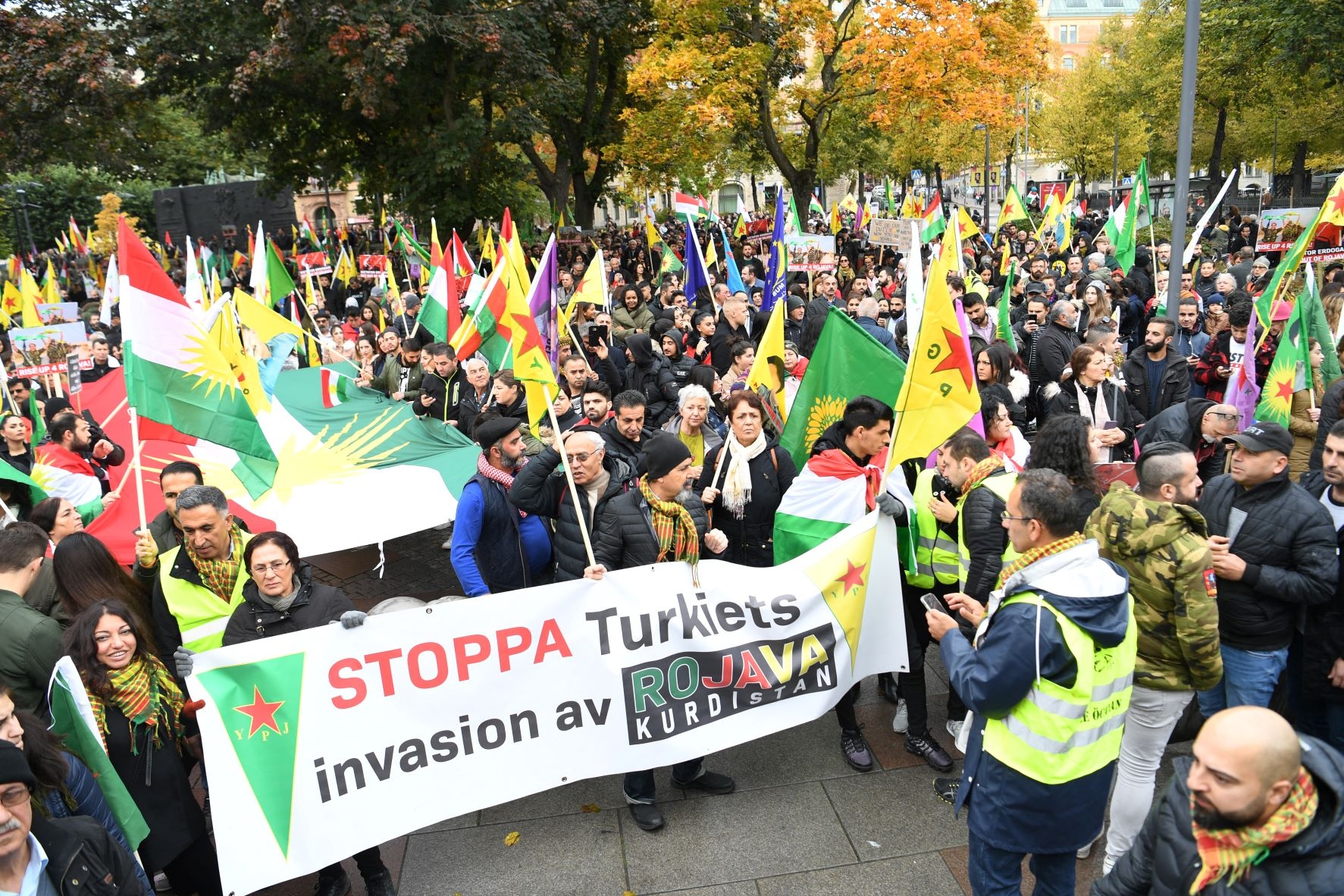
Syrian Kurdish groups have demanded Sweden immediately repatriate all of its citizens from their displaced persons camps, after the country sought to downgrade ties with the groups.
On Saturday, Sweden's foreign minister said Stockholm needed to "distance" itself from the People's Protection Units (YPG), and the Democratic Union Party (PYD), the Syrian Kurdish groups that control much of northern Syria.
"I think it is important that there is a distance to this organisation from the Swedish side," Tobias Billstrom told broadcaster Sveriges Radio.
"We think there are doubts and problems regarding those who are damaging our relationship with Turkey."
The YPG and PYD are linked to the Kurdistan Workers Party (PKK), an armed group regarded as a terrorist organisation by the EU and Turkey. Turkey has fought a decades-long conflict with the group, which also has a number of members exiled in Sweden.
New MEE newsletter: Jerusalem Dispatch
Sign up to get the latest insights and analysis on Israel-Palestine, alongside Turkey Unpacked and other MEE newsletters
Billstrom's comments came days before the new Swedish Prime Minister Ulf Kristersson is set to visit Ankara in a bid to prevent Turkey from vetoing the Scandinavian country's entry into Nato.
Though Sweden has voiced support for the YPG and PYD in the past, citing its actions to combat the Islamic State group in Syria, the country's new government appears keen to downplay this.
"There is too close a link between these organisations and the PKK, which is a terrorist organisation listed by the EU," Billstrom said.
'Sweden's terrorists'
In response to Billstrom's comments, the YPG said Sweden should take home the Swedish citizens currently held in camps administered by the organisations.
Speaking to Sweden's TV4, Shiyar Ali - a representative of the YPG-aligned government in northern Syria - hit back at Sweden.
"Why should we take care of Sweden's terrorists?" he said.
"Why should we do that when you distance yourself from an organisation that fights against terrorism and pays dearly?"
Last year, Human Rights Watch said an estimated 12,000 children and women, who were not originally from Iraq or Syria, now live in detention camps for family members of suspected IS militants.
Both Sweden and Finland, who long maintained a position of neutrality and military non-alignment, have sought to join Nato in the wake of Russia's invasion of Ukraine.
However, Turkey has stalled this over accusations that both Sweden and Finland have been too lenient on PKK-linked groups and individuals.
Middle East Eye delivers independent and unrivalled coverage and analysis of the Middle East, North Africa and beyond. To learn more about republishing this content and the associated fees, please fill out this form. More about MEE can be found here.


